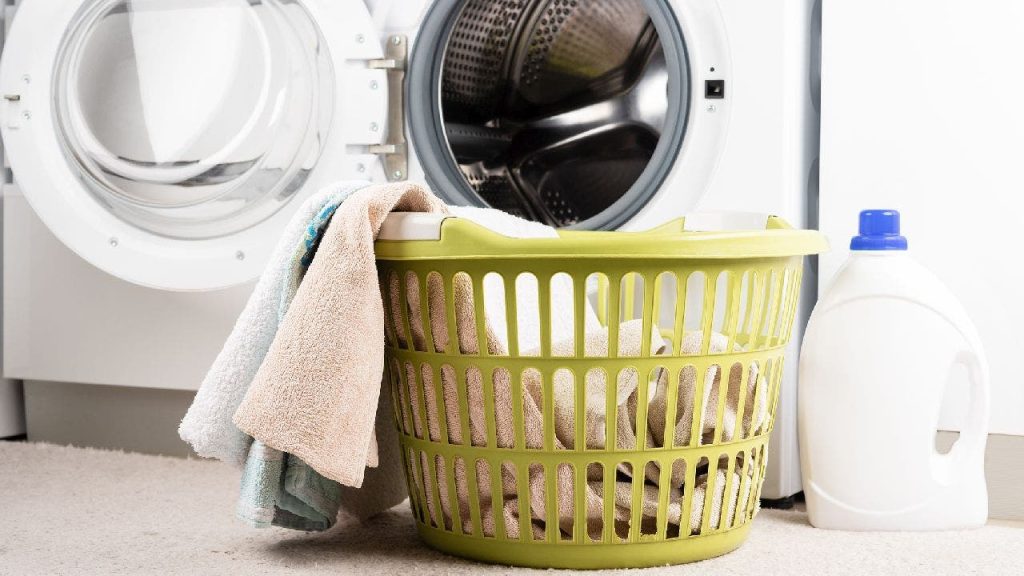The impending House vote on the “Liberty in Laundry Act” represents a significant clash between the Biden administration’s push for stricter energy efficiency standards and Republican lawmakers’ concerns about consumer choice and economic impact. The Department of Energy (DOE) finalized a rule in February establishing more stringent energy consumption standards for residential clothes washers, effectively phasing out less efficient models. This move, part of the administration’s broader green energy agenda, aims to reduce carbon emissions and promote energy conservation. However, Republican lawmakers argue that these standards infringe on consumer freedom, placing undue burdens on families and small businesses already grappling with economic challenges.
The “Liberty in Laundry Act,” spearheaded by Rep. Andy Ogles (R-Tenn.), seeks to curtail the DOE’s authority to implement new energy efficiency standards for washing machines unless they are demonstrably technologically feasible and economically justified. This legislation reflects a broader Republican strategy to counter the Biden administration’s efforts to regulate household appliances, which they view as government overreach. House Majority Leader Steve Scalise (R-La.) has framed the debate as a matter of consumer choice, arguing that families should be free to select appliances that best suit their needs without government mandates.
The DOE, on the other hand, defends its new standards as a necessary step to address climate change and reduce energy consumption. The agency estimates that the stricter standards for clothes washers could prevent the emission of nearly 71 million metric tons of carbon dioxide over the next 30 years. Secretary of Energy Jennifer Granholm has emphasized the long-term benefits of appliance efficiency standards, highlighting their potential to save consumers money while mitigating environmental harm. This clash of perspectives underscores the ongoing political debate over the balance between environmental protection and economic considerations.
The “Liberty in Laundry Act” is not an isolated incident but rather part of a broader legislative effort by House Republicans to push back against the Biden administration’s green energy initiatives. Several bills have been introduced targeting various household appliances, reflecting a concerted effort to limit the government’s regulatory reach in this area. This pushback comes amidst a broader national debate on climate change policy and the role of government intervention in promoting energy efficiency.
In contrast to the Republican approach, Democratic lawmakers in some states are actively promoting the adoption of greener appliances through financial incentives. New York Governor Kathy Hochul, for example, has proposed a program offering rebates of up to $840 to residents who replace their existing clothes dryers with more energy-efficient models. This initiative reflects a different strategy for achieving similar environmental goals, focusing on incentivizing consumer behavior rather than imposing mandatory standards.
This ongoing debate over appliance efficiency standards highlights the complex interplay of environmental policy, consumer choice, and economic considerations. The “Liberty in Laundry Act” and similar legislative efforts represent a significant challenge to the Biden administration’s green energy agenda, potentially shaping the future of appliance regulations and the broader landscape of energy efficiency policy in the United States. The outcome of this debate will have far-reaching implications for both consumers and the environment, influencing the types of appliances available in the market and the nation’s progress towards its climate goals.

